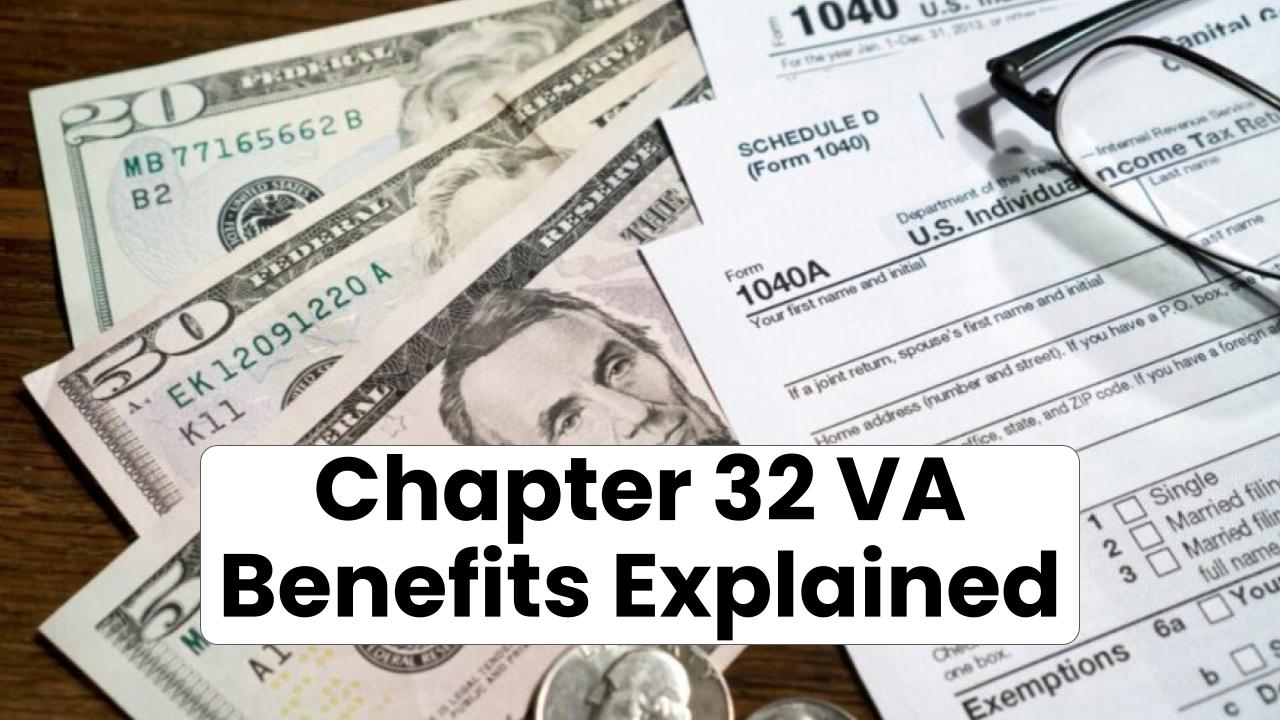If you’ve been keeping your eye on the news lately, you’ve probably heard about UK pensioners demanding a £221 weekly state pension. It’s not just chatter at the bingo hall anymore—this is serious business. And with the cost of living climbing faster than a squirrel up a tree, folks are asking: Will the government finally do something about it?

The UK state pension system has been under fire for a while now. Many older citizens feel left behind, struggling to pay for basics like food, heating, and even rent. The ask? A guaranteed £221 per week for every eligible pensioner. But let’s break it down—what’s going on, why it matters, and what’s coming next.
UK Pensioners Demand £221 Weekly Pension
| Topic | Details |
|---|---|
| Current State Pension (2024–25) | £221.20/week for full new state pension holders |
| 2025 Increase (Triple Lock Applied) | £230.25/week starting April 2025 |
| Eligibility | Requires 35 full years of National Insurance contributions |
| Old State Pension | £176.45/week for those who retired before April 2016 |
| Why the Fuss? | Many retirees don’t receive full pension, struggle with rising costs |
| Official Source | GOV.UK – State Pension Info |
So, will the UK government finally listen to pensioners calling for a fairer system? In a way, it already has—£221/week is now the full pension for those who qualify, with plans to bump it higher in 2025. But millions still fall short of this number.
If you’re a retiree or nearing retirement, now’s the time to check your entitlements, fill in any gaps, and advocate for fair treatment. Whether the triple lock survives the next decade or not, knowing your rights and planning ahead can make all the difference.
What’s the Deal with the £221 Weekly Pension?
Let’s start with the basics. If you hit State Pension age (currently 66 for most people) and have a solid 35 years of National Insurance contributions, you qualify for the full new state pension, which is £221.20 a week as of April 2024.
The government uses something called the “triple lock” to make sure pensions don’t fall behind inflation or average earnings. It promises to raise the pension each year by whichever is higher:
- 2.5%
- Average wage growth
- Consumer Price Index (CPI) inflation
For April 2025, that means a bump to £230.25 per week—a little over £11,900 annually.
So What’s the Problem?
Here’s where things get tricky:
- Not everyone gets the full amount.
If you didn’t work 35 years or had gaps in your National Insurance contributions, you could be getting a whole lot less—sometimes under £100 per week. - Cost of living is rising like crazy.
Energy bills, food prices, rent… everything’s more expensive. For many pensioners, even £221 per week barely covers the basics. - Other countries do it better.
Countries like the Netherlands, Denmark, and Ireland offer significantly higher basic pension levels. According to the OECD, the UK ranks near the bottom when it comes to state pension adequacy.
How the UK State Pension Works: A Simple Guide
1. Who’s Eligible?
If you were born:
- After April 6, 1951 (men)
- After April 6, 1953 (women)
You qualify for the new state pension.
2. How Much Can You Get?
- Full amount (2024–25): £221.20/week
- Partial pension: Based on your number of qualifying years
(You need at least 10 years to get anything at all)
3. How to Check Your Pension Forecast?
You can check it online via the Gov.uk Pension Forecast Tool. It tells you:
- How much you’re on track to get
- When you can claim
- How to boost your pension if you’re short
What Are Pensioners Saying?
Pensioner advocacy groups like Silver Voices and Independent Age have been vocal about the current system’s shortcomings. Many say a £221 baseline isn’t just a demand—it’s a necessity.
Take Jim, 74, from Manchester:
“After working 40 years, I get £180 a week. That’s not enough. I’m dipping into my savings just to keep warm in winter.”
Stories like Jim’s aren’t rare. Many older adults rely on food banks, housing assistance, or go without heat during the winter. That’s not the kind of retirement anyone dreams of.
Is the Government Listening?
Sort of. The current Labour government has committed to maintaining the triple lock through this Parliament. But economists, including those from the Institute for Fiscal Studies (IFS), warn that this could become unsustainable by 2036 without major reforms.
Possible Future Scenarios:
- Raising the retirement age again (currently under review)
- Linking pensions to life expectancy
- Replacing the triple lock with a “double lock” (inflation or wages)
Practical Advice: What Can You Do?
1. Check Your National Insurance Record
Missing years? You can sometimes buy them back to boost your pension. It’s usually worth it.
2. Claim All Your Benefits
Thousands miss out on Pension Credit, Winter Fuel Payment, or Council Tax Reduction every year.
3. Speak to a Pension Adviser
Free or low-cost advice is available through:
- Pension Wise (Service by MoneyHelper)
FAQs
Q1: Can I get the £221 weekly pension if I only worked part-time?
Not necessarily. What matters is how many qualifying years you’ve built up through National Insurance contributions—even part-time work counts if you earned enough.
Q2: Is the £221 pension guaranteed for life?
Yes, if you qualify for the full new state pension, it’s paid for life and indexed annually via the triple lock.
Q3: What happens if the triple lock is scrapped?
Future increases could be lower, tied only to inflation or average earnings—meaning pensioners may fall behind the real cost of living.
Q4: Can I move abroad and still receive my pension?
Yes, but annual increases might not apply unless you live in certain countries.








